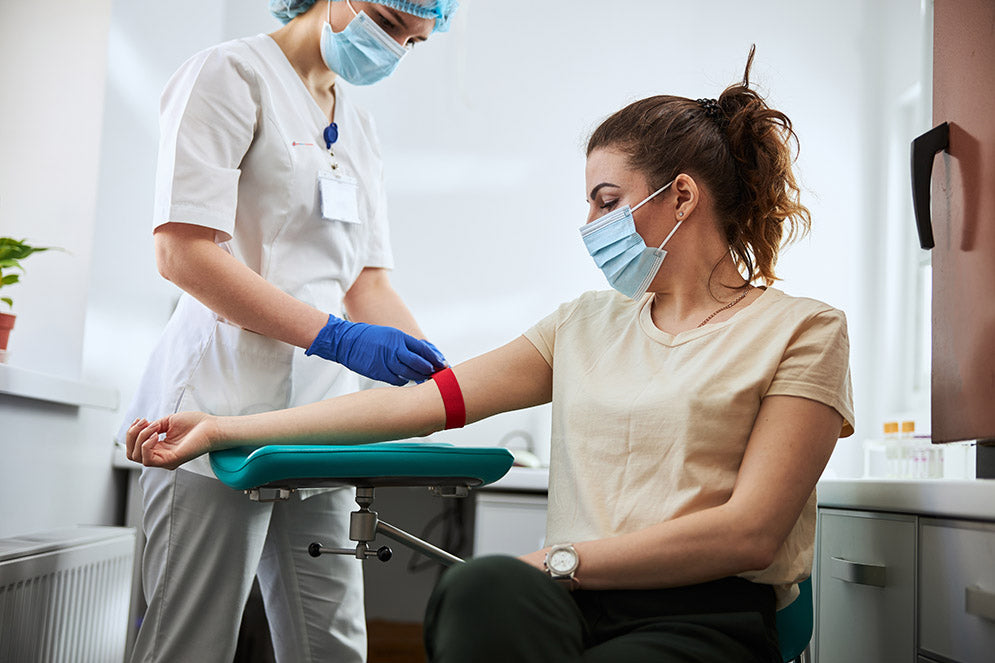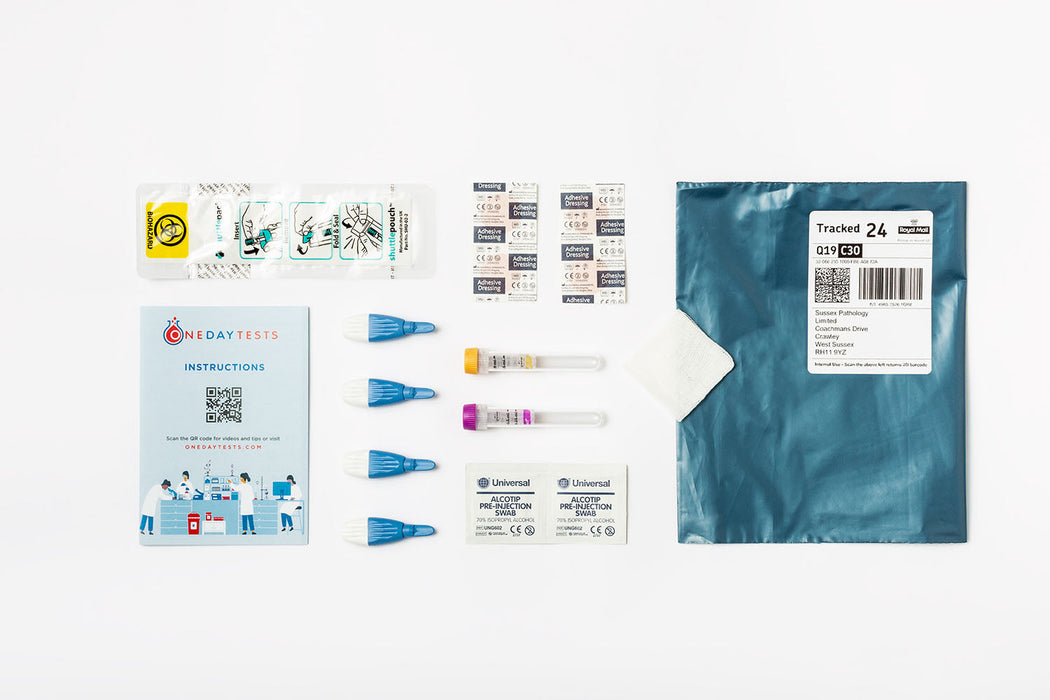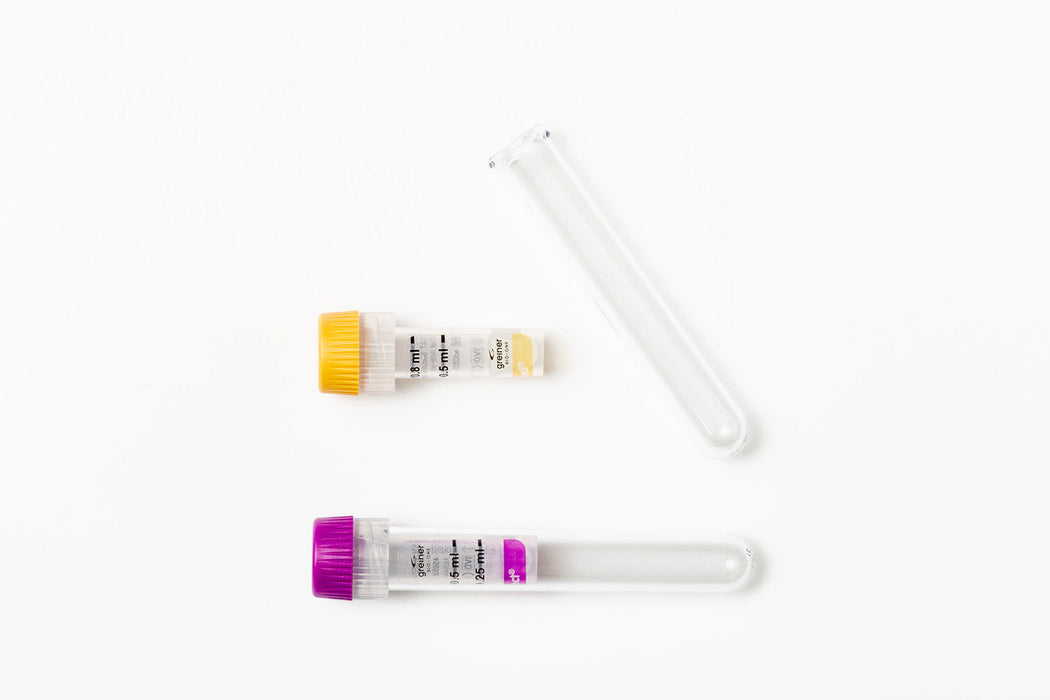About the Free PSA Blood Test
Prostate Specific Antigen (PSA) is a protein that is produced by the prostate. Although the protein is produced by healthy prostate cells, levels can rise if there is a problem with the prostate, particularly in prostate cancer.
PSA is a useful screening test for prostate cancer but it is not perfect so you should be aware of its shortcomings. Many men will have a high PSA but not have prostate cancer. Testing the PSA in these men can result in them having invasive procedures, such as a prostate biopsy, when there is actually no problem. Similarly, some men will have a "false negative" result – a normal PSA when there actually is underlying cancer. For this reason, even if your PSA is normal, you should still see a doctor if you have symptoms such as difficulty passing urine, getting up lots at night to pee, or feel that you are not emptying your bladder properly.
There are two biomarkers that can be measured in PSA - the total PSA level and the free PSA level. The total PSA test measures the total amount of PSA in the blood, including both bound and unbound forms. The free PSA test measures only the unbound, or free, PSA in the blood. It is important to have both of these biomarkers measured.
This is the test to measure FREE PSA. You can find the test for TOTAL PSA here. Or check out the Ultimate PSA Blood Test that measures both the free and the total levels of PSA.
The ratio of these two markers can be a very good indicator for your GP as to what is happening and the likelihoods of current or future issues. This is calculated by dividing Free PSA by Total PSA and multiplying by 100, giving the Free to Total PSA ratio as a percentage.
1 Biomarker
-
PROTEINS
- Free PSA
-
UPGRADE
You can measure the Total PSA here, or check out the Ultimate PSA Blood Test that measures both free and total, as well as the ratio.

























